Fresh, Nutty and Triumphant, ‘Endless Poetry’ Evokes Boundary-Pushing Films of the Past
Director Alejandro Jodorowsky creates a surrealism of the kind that came naturally to Federico Fellini and Seijun Suzuki.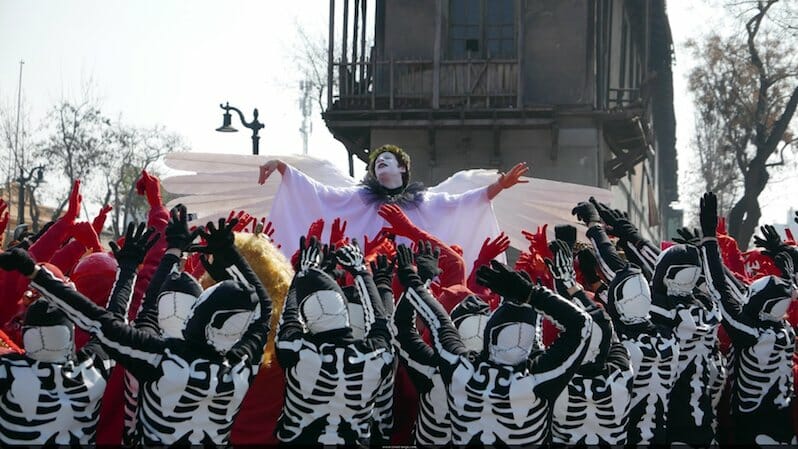 Surreal world: Adan Jodorowsky, center, son of "Endless Poetry" auteur and all-around kooky visionary Alejandro Jodorowsky, stars in his father's latest cinematic outing. (IMDb)
Surreal world: Adan Jodorowsky, center, son of "Endless Poetry" auteur and all-around kooky visionary Alejandro Jodorowsky, stars in his father's latest cinematic outing. (IMDb)
Surreal world: Adan Jodorowsky, center, son of “Endless Poetry” auteur and all-around kooky visionary Alejandro Jodorowsky, stars in his father’s latest cinematic outing. (IMDb)
While many entertainers are considered hyphenates, none match Alejandro Jodorowsky, a film and theater director, actor, author, playwright, screenwriter, producer, composer, comics writer, musician and, best of all, “psycho-magician.” This title was earned during more than a decade Jodorowsky spent reconstructing Tarot de Marseille, a prototypical form of prognostication. In 2005, he presided over the wedding of Marilyn Manson and stripper Dita Von Teese, and he is spiritual mentor to Danish filmmaker Nicolas Winding Refn. Jodorowsky’s latest movie, “Endless Poetry,” is an autobiographical glimpse into the early days of a big artist living an epic life.
In the 1970s, he pioneered the surrealistic subgenre known as the midnight movie with titles like “El Topo,” described as an “acid western” and embraced and promoted by none other than John Lennon. In recent years, Jodorowsky’s aborted effort to adapt Frank Herbert’s epic sci-fi novel, “Dune,” was chronicled in the documentary, “Jodorowsky’s Dune,” which introduced the director’s work to a new generation of film nerds. That movie came out in 2013, the same year as his first autobiographical movie, “The Dance of Reality,” about his isolation while growing up in Tocopilla, a coastal town on the edge of a Chilean desert.
“Endless Poetry” picks up where “Dance” left off, following young Alejandro (Jodorowsky’s real-life son Adan) to Santiago where, inspired by the works of Federico Garcia Lorca, he plans to become a poet, despite the protests of his strict, Communist father (Brontis, another of Jodorowsky’s sons), who considers poets “faggots.”
First stop for Alejandrito is an arts collective, a free-spirited wonderland populated with dancers, singers, sculptors and the like. His quest for a muse takes him to Café Iris, where poets quietly drink themselves into a stupor. There he meets his first love, the budding poet and soon-to-be legend Stella Diaz Varin, played by Pamela Flores, who, in a bit of Freudian casting, plays his mother in earlier scenes as well as in “The Dance of Reality.” Alejandro is smitten with her brusque manner, outlandish makeup, flaming pink hair and painted legs and breasts.
When they walk together, she insists on holding him by the groin but will allow no penetration in bed because she is “saving her hymen for a man with a divine face who will come down from the mountain.” Moving on, he befriends the celebrated writer Enrique Lihn, whose talent is still in its infancy. Argentinian artist Leandro Taub makes his screen debut in the role, matching Adan Jodorowsky in charisma as well as infectious enthusiasm.
A lyrical passage has them walking a straight line through the city because “poets can do what they want,” even when it means knocking on a stranger’s door, stepping over her bed and exiting through the window. Friendship between the two is tested when Alejandro sleeps with Lihn’s girlfriend, a menstruating dwarf. Alejandro later atones by becoming a clown and being stripped naked as he crowd-surfs over the heads of circus-goers.
If “Endless Poetry” sounds episodic and a bit nutty, it is, delightfully so, and actually tamer than Jodorowsky’s earlier works, sharing with them triumphant glimmer and a casual, unpretentious surrealism, the kind that came naturally to daring auteurs of the past like Federico Fellini and Seijun Suzuki. As such, the new movie is a throwback to a time of boundary-pushing artistry, though its imagery and storytelling feel fresh and new.
Adan Jodorowsky pulls double duty as actor and composer, his tunes melding melodically with excerpts from Stravinsky’s “The Firebird.” A chip off the old block, he is also a filmmaker, though his focus is music with seven albums to his credit, including the soundtrack of “The Dance of Reality.” He is on screen for most of “Endless Poetry,” carrying the movie on one hand but also graciously yielding to his outlandish costars and inspired imagery as he traverses an arc from guileless ingénue to resolute aesthete.
The dramatic and visual climax occurs in a pairing of two parades, one a spring festival featuring hundreds of skeletons and devils surrounding Alejandro, who is costumed as an angelic clown, and the other honoring the return to Santiago of U.S.-backed dictator Carlos Ibanez del Campo, who resumed power in 1952 after 20 years in exile. Both scenes showcase the kaleidoscopic cinematography of Christopher Doyle, veteran of Chinese films, and foreshadow the poet’s switch to a new medium, film, upon his arrival in Paris a few months later, after the movie ends.
Jodorowsky premiered “Endless Poetry” at the 2016 Cannes Film Festival (the film will be released in the United States this Friday), and the 88-year-old auteur plans three more movies based on his life. But “Sons of El Topo,” a hoped-for sequel to “El Topo,” wound up in comic book form, and “Endless Poetry” struggled to find funding, which hopefully doesn’t suggest the opposite of its title, the end of poetry.
Your support matters…Independent journalism is under threat and overshadowed by heavily funded mainstream media.
You can help level the playing field. Become a member.
Your tax-deductible contribution keeps us digging beneath the headlines to give you thought-provoking, investigative reporting and analysis that unearths what's really happening- without compromise.
Give today to support our courageous, independent journalists.
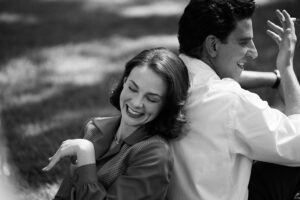
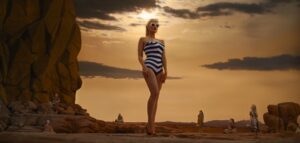
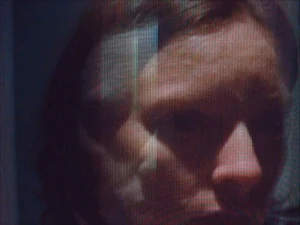
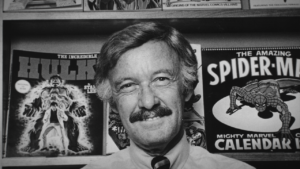
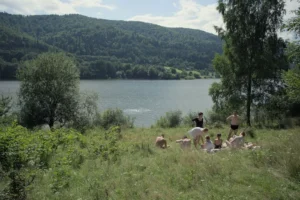
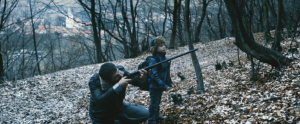
You need to be a supporter to comment.
There are currently no responses to this article.
Be the first to respond.